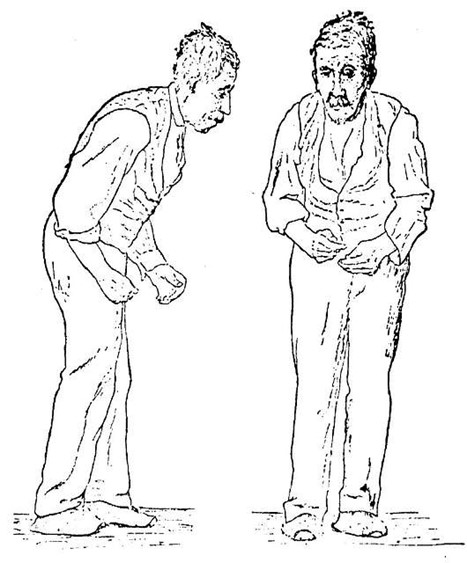Why Quitting Smoking During Cardiac Rehab Boosts Recovery and Longevity
Cardiac rehabilitation is a crucial step in the journey toward heart health, offering individuals recovering from heart-related conditions a structured path to regain strength and improve overall well-being. One of the most impactful changes a person can make during this period is quitting smoking. Eliminating tobacco use not only enhances the effectiveness of rehabilitation but also significantly increases life expectancy and reduces the risk of future cardiovascular events.
The Impact of Smoking on Heart Health
Smoking is one of the leading causes of cardiovascular disease, contributing to atherosclerosis (the buildup of plaque in the arteries), increased blood pressure, and a higher risk of blood clots. These factors greatly elevate the chances of heart attack and stroke. For individuals undergoing cardiac rehab, continuing to smoke can counteract the benefits of:
- exercise
- medication
- dietary improvements
making recovery more challenging and less effective.
How Quitting Smoking Accelerates Recovery
When an individual quits smoking during cardiac rehabilitation, the body begins to heal almost immediately. Here’s how:
- Improved Circulation: Within just a few weeks of quitting, blood circulation improves, making physical activity easier and more beneficial.
- Lowered Blood Pressure and Heart Rate: Smoking elevates both blood pressure and heart rate. Stopping allows these to return to healthier levels, reducing strain on the heart.
- Enhanced Oxygen Levels: Carbon monoxide from cigarette smoke reduces the amount of oxygen in the blood. Quitting smoking increases oxygen availability, aiding muscle function and endurance during rehab exercises.
- Reduced Risk of Secondary Events: People who quit smoking significantly lower their chances of experiencing another heart attack, stroke, or other cardiovascular complications.
Long-Term Benefits of Smoking Cessation
Beyond the immediate recovery phase, quitting smoking offers long-term health benefits, including
- Extended Lifespan: Studies show that individuals who quit smoking after a heart-related event live longer compared to those who continue smoking.
- Stronger Heart Function: Without the damaging effects of tobacco, the heart functions more efficiently, reducing the risk of heart failure.
- Better Quality of Life: Increased energy levels, improved lung function, and reduced risk of chronic diseases all contribute to a healthier, more active life.
Support for Quitting Smoking During Cardiac Rehab
Cardiac rehabilitation programs often provide valuable resources to help participants quit smoking. These may include:
- Counseling and Behavioral Therapy: Addressing psychological triggers and habits associated with smoking.
- Nicotine Replacement Therapy (NRT): Options like patches, gum, and lozenges can help ease withdrawal symptoms.
- Prescription Medications: Certain medications can help reduce cravings and increase the likelihood of quitting successfully.
- Peer Support and Group Programs: Engaging with others facing similar challenges can offer motivation and encouragement.
To learn more, check out this summary from American Heart Association.
Quitting smoking during cardiac rehab is one of the most effective ways to enhance recovery and extend life expectancy. While it may be challenging, the rewards are well worth the effort. By seeking support, staying committed, and embracing a heart-healthy lifestyle, individuals can significantly reduce their risk of future heart problems and enjoy a longer, healthier life.
Are you interested in enhancing your daily diet with Omega-3 fatty acids? Look no further than Asher Longevity Institute’s Marine Fish Oil supplement. Omega-3 fatty acids can help reduce the risk of heart disease by reducing triglyceride levels and potentially lowering cholesterol.




